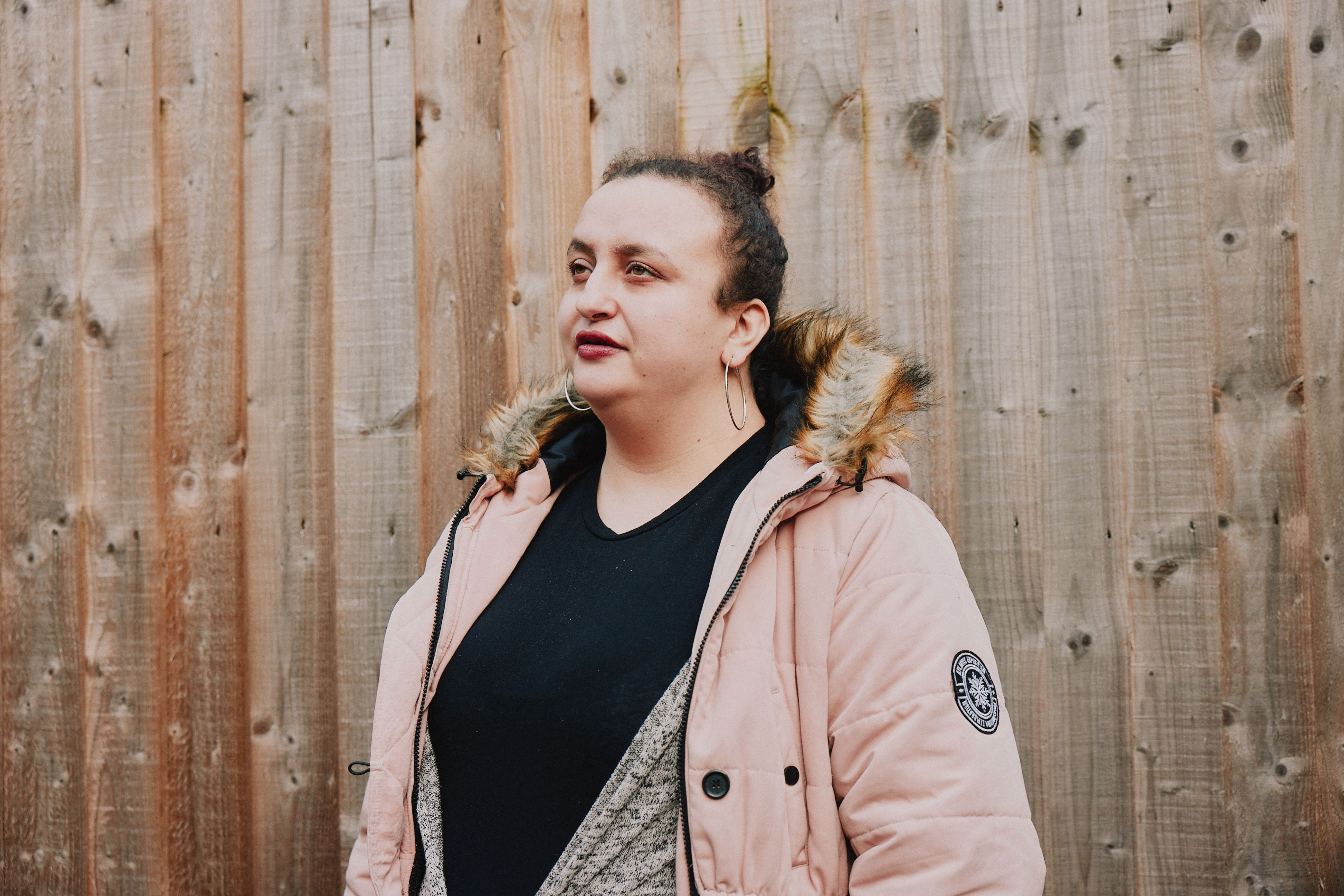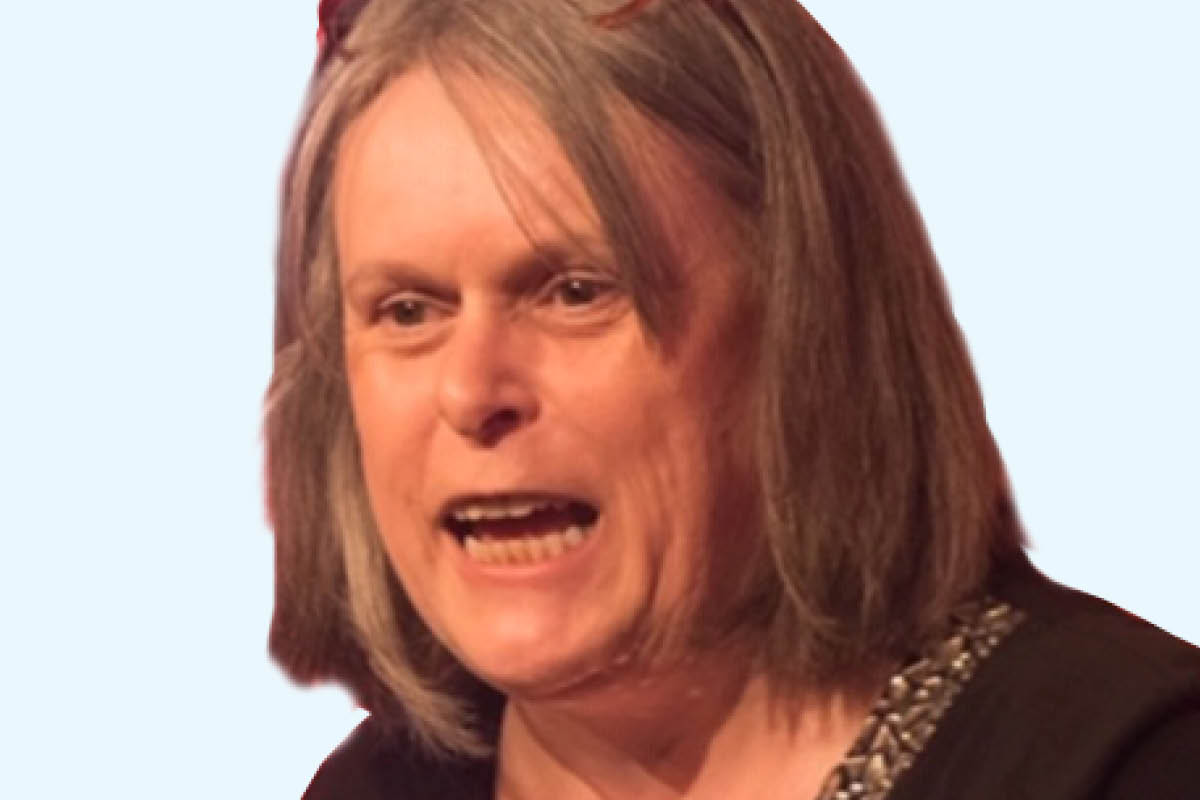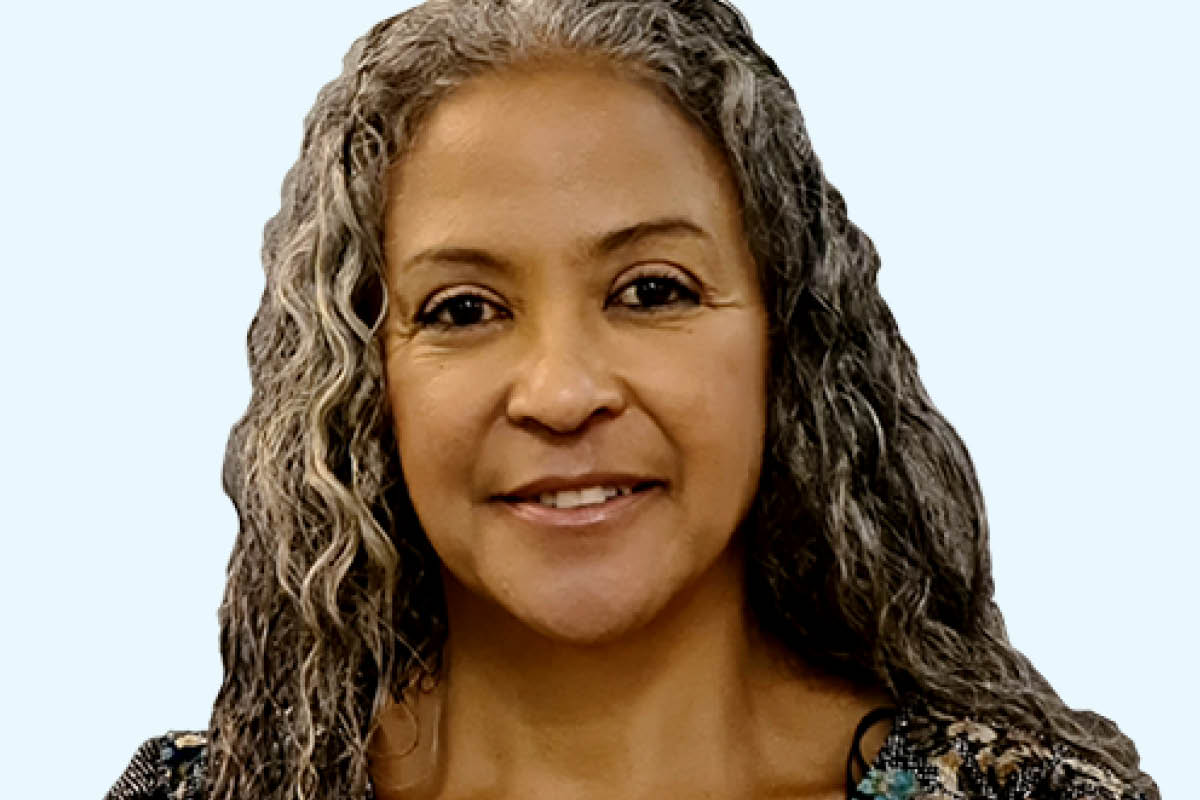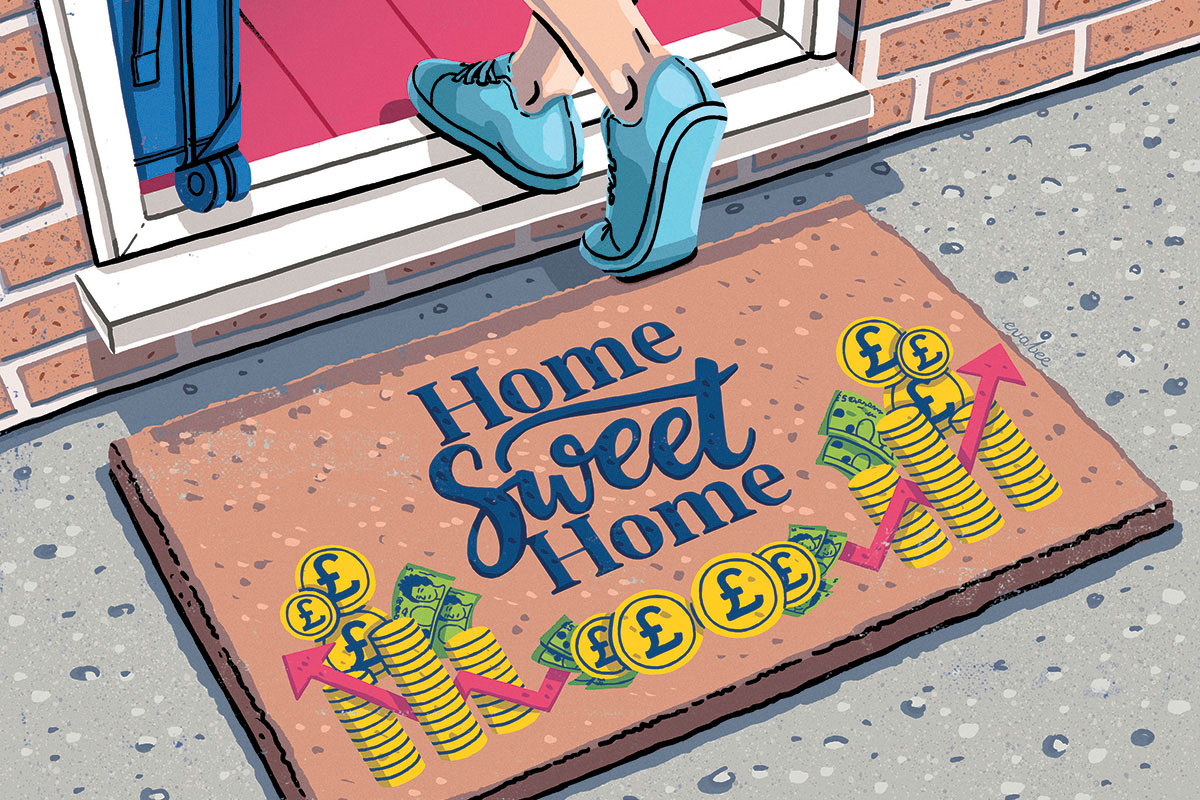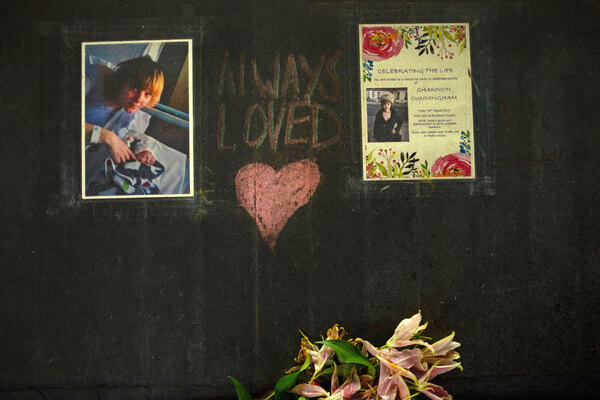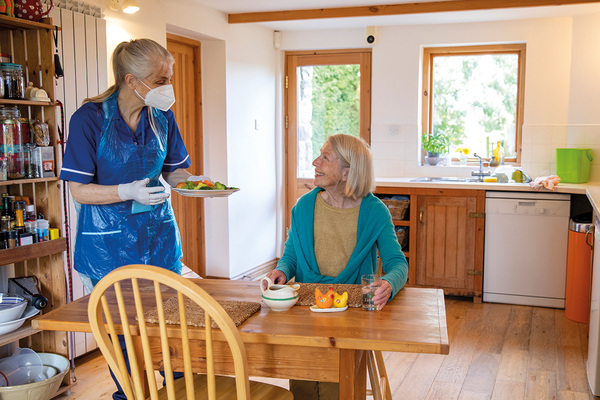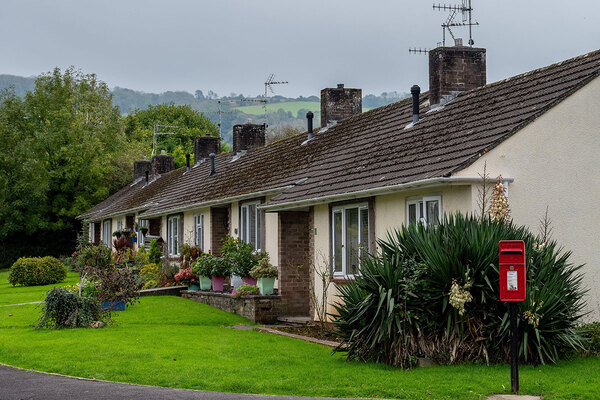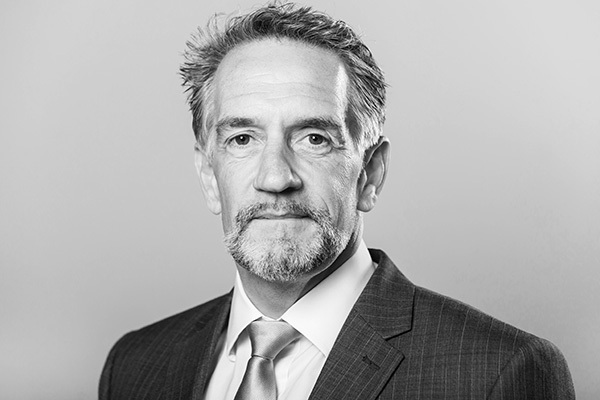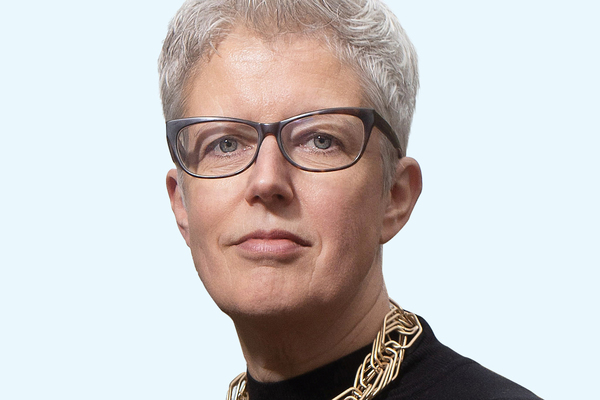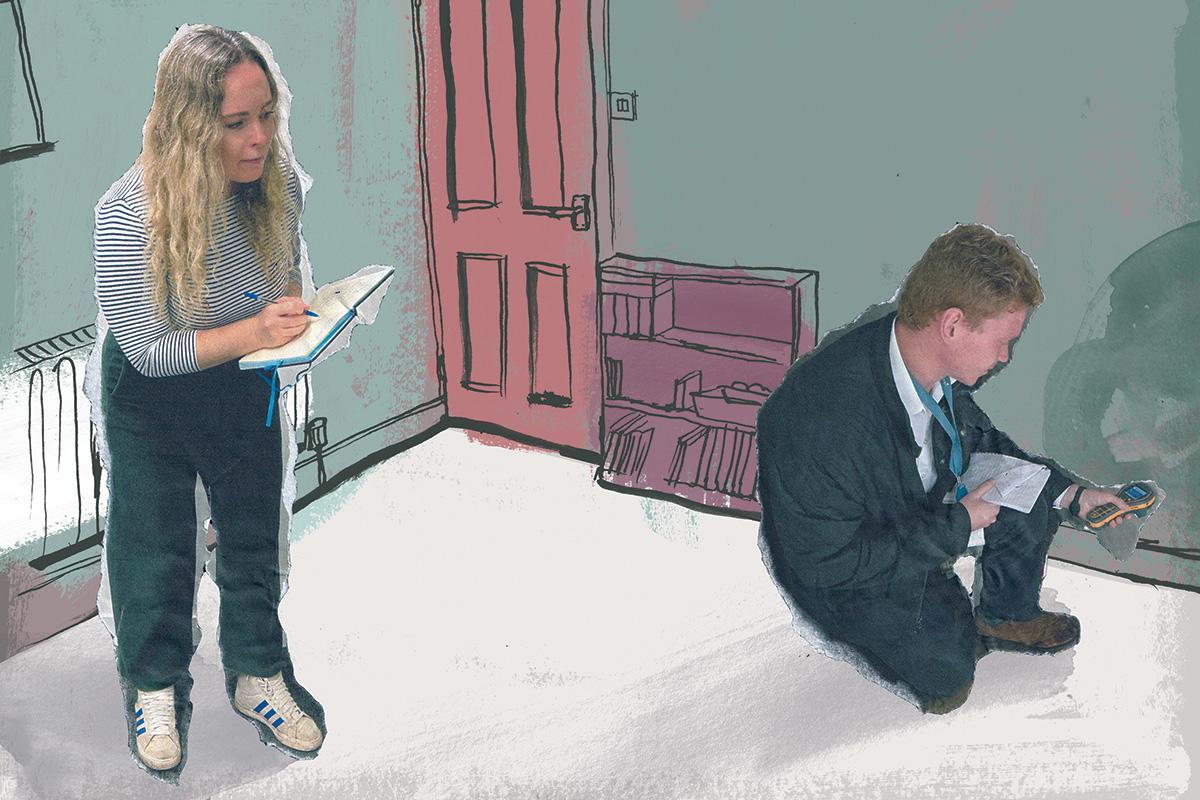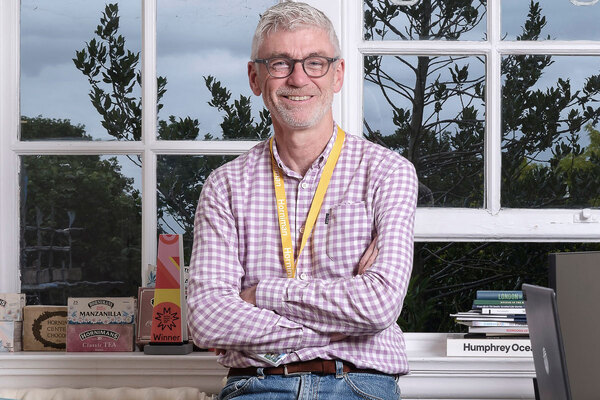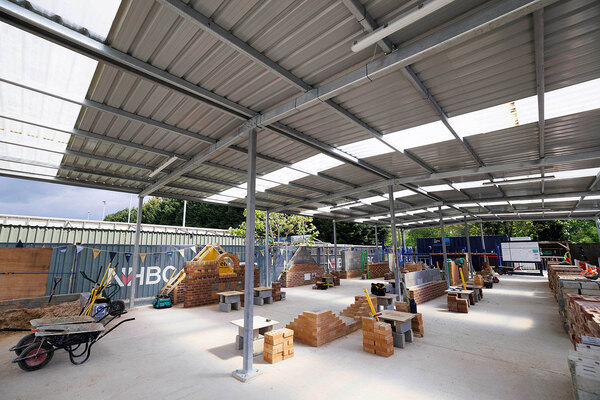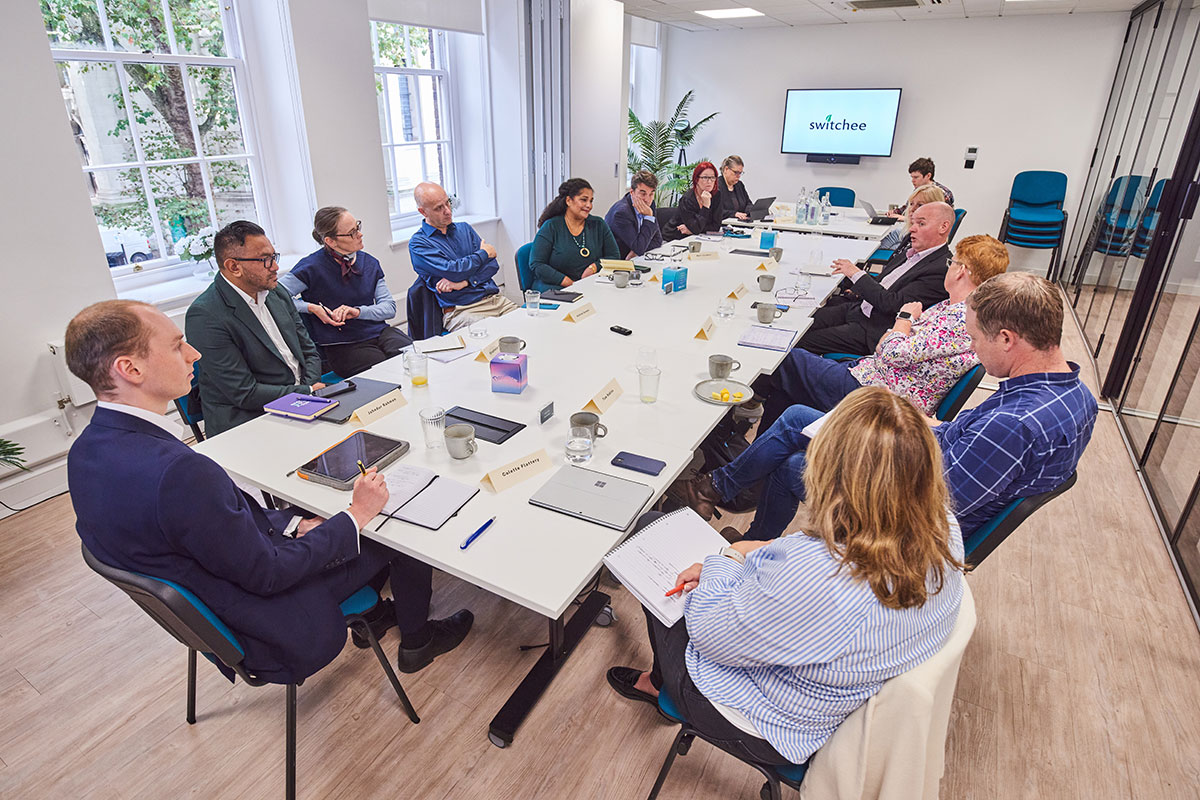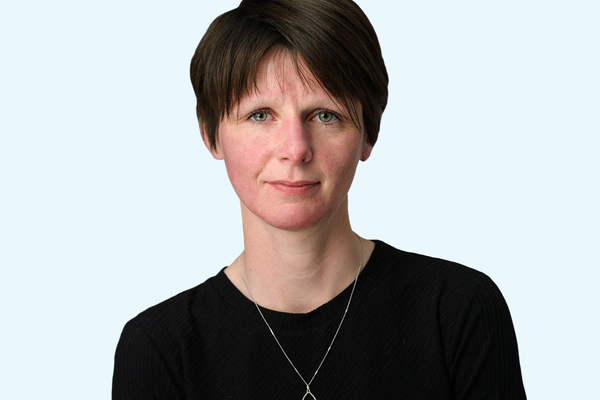You are viewing 1 of your 1 free articles

Emma Haddad is the CEO of St Mungo’s
Women’s homelessness: why we must make the invisible visible
Homeless women aren’t likely to be sleeping rough on the streets, making them invisible to policymakers, says Emma Haddad
The annual rough-sleeping statistics for England were released last week. Worryingly, they showed the number of people sleeping on the streets has risen by 26% compared with the previous year.
Within that, the number of women seen sleeping rough increased by an enormous 47%. That means that on one night in autumn 2022, 464 women were forced to sleep on the streets. That’s 464 women who were alone, vulnerable and scared.
“Women tend to keep moving to keep safe – sleeping on public transport, finding somewhere to shelter, taking risks just to get off the streets”
Unfortunately, in reality the number would have been significantly higher than 464. The figure reflects the number of women seen sleeping rough. And we know from our years of work that women experience homelessness differently. Put plainly, they are better at hiding. They hide to protect themselves; being seen means being at risk.
Women are often fleeing abuse, domestic violence or exploitation, and the risk of harm is even greater when they are exposed to the dangers of homelessness, in particular on the streets.
So women tend to keep moving to keep safe – sleeping on public transport, finding somewhere to shelter, taking risks just to get off the streets.
But hidden from harm means women are not only hidden from statistics, they can also be hidden from help.
This is something we at St Mungo’s are highlighting this month with our
Sadly, hiding from harm often means women experiencing homelessness are hidden from help.
— St Mungo's (@StMungos) March 1, 2023
But together we can change this. This month, for #InternationalWomensDay help women be heard.
Follow #MungosVisibleWomen to learn more 👉 https://t.co/gIylCINFXo pic.twitter.com/ZEMIld5oFm
It is why we partnered with other providers and the Greater London Authority on Making Women Count, a new piece of research which was launched this week. It looks specifically at the issue of women’s street homelessness and makes some excellent recommendations to ensure better support in the future.
It was great to see the co-chair of the All-Party Parliamentary Group for Ending Homelessness, Bob Blackman MP, asking questions in parliament about this very issue last week.
Last year, our specialist outreach teams supported 1,855 women on the streets and we accommodated 1,767 women in our hostels and housing. Almost every woman we support in St Mungo’s has suffered unimaginable and cumulative trauma. Almost half of the women we helped had experienced domestic violence and 19% had been abused as a child.
“To support women who are at risk of homelessness or who have experienced homelessness, our services and help need to be wholly inclusive”
By the time we meet these women, their needs are acute and complex: poor mental health, addiction and possibly also having lost their kids, to name but a few. The journey to recovery can be long and exceptionally difficult. But we have seen that safe, women-only spaces can make a huge and positive difference. Sadly, funding for women’s services has decreased over the years, and many times the only way we can help women out of rough sleeping is with an offer of a bed in mixed accommodation.
The factors that push people into homelessness are incredibly multi-faceted and the solution is not just about housing. For women who have experienced homelessness, women-only accommodation needs to work hand in glove with specialist services, from women’s health to domestic abuse support and psychotherapy. We have seen the amazingly positive impact the innovative women’s psychotherapy scheme is having that we run in partnership with Camden Council.
Expertise from a whole range of organisations and statutory services, working together, needs to wrap around clients in a wholly individualised way. And that means tailoring support to the unique needs of each woman, including those from ethnic minorities, LGBTQIA+ women, migrants and disabled women.
If we continue not to count women who are homeless effectively, we will continue to silence their voices and their very specific experience of homelessness. We need to make that experience visible, so that support can be offered to women to stop them falling into homelessness in the first place.
The theme of this year’s International Women’s Days was ‘embracing equity’. To support women who are at risk of homelessness or who have experienced homelessness, our services and help need to be wholly inclusive. Allowing women who are homeless to be seen and heard will enable us to respond with the right support for proper, sustainable routes out of homelessness.
Every woman who has experienced homelessness has a story. We need to allow women to tell their stories and we need to listen to them, properly, and hear what they are telling us. Until we do that, we won’t end rough sleeping and we won’t end homelessness. And women will continue to be exposed to danger, to the cold and to abuse.
Emma Haddad is the chief executive of St Mungo’s
Sign up for our care and support bulletin
Already have an account? Click here to manage your newsletters
